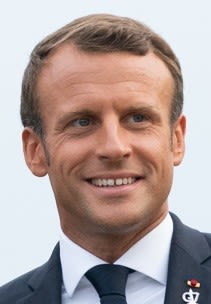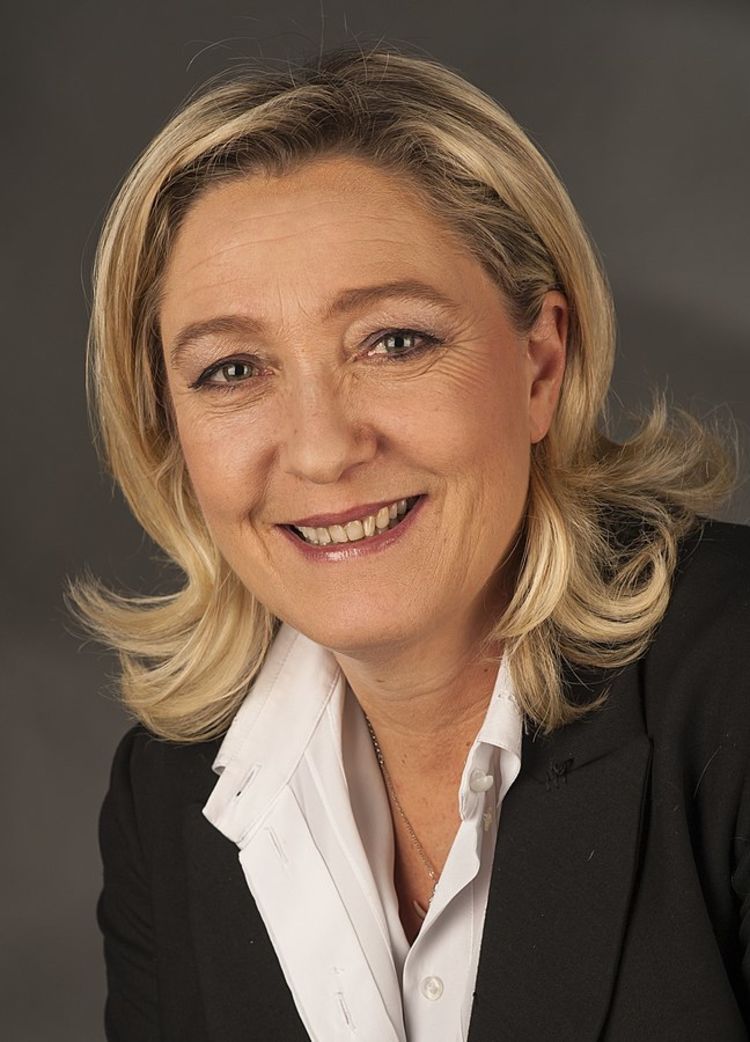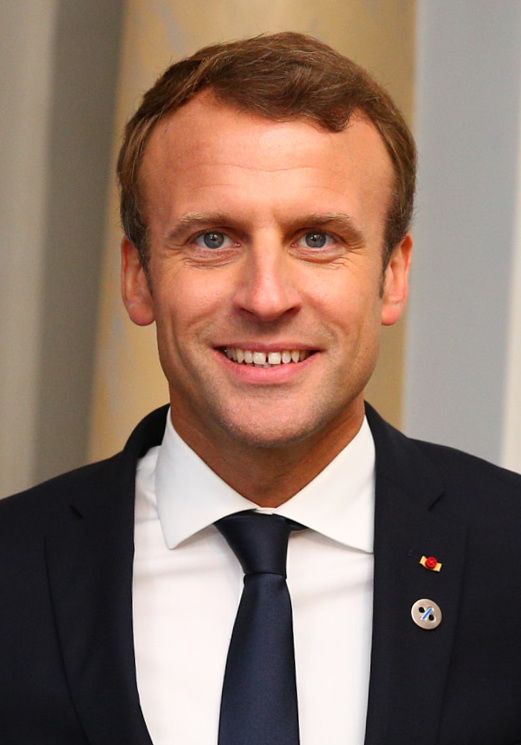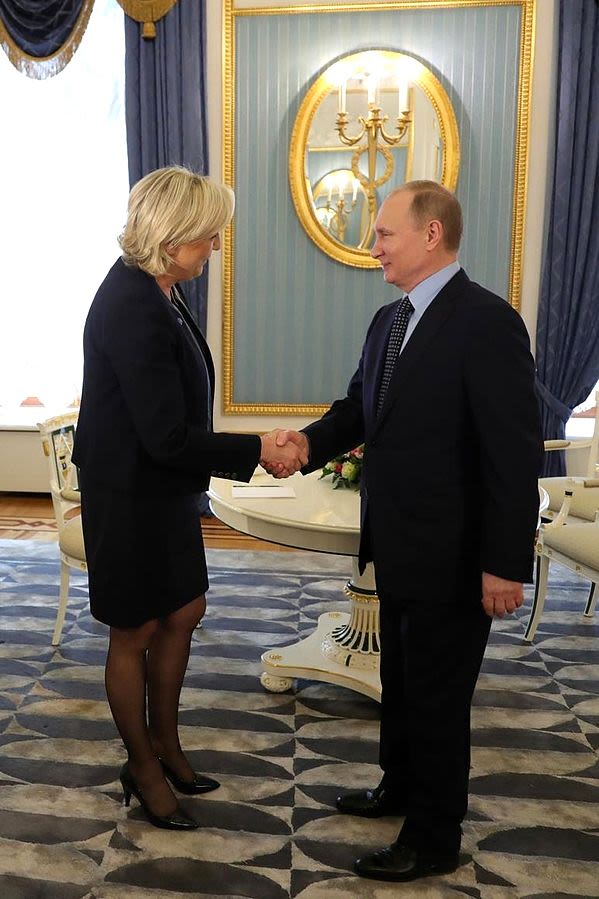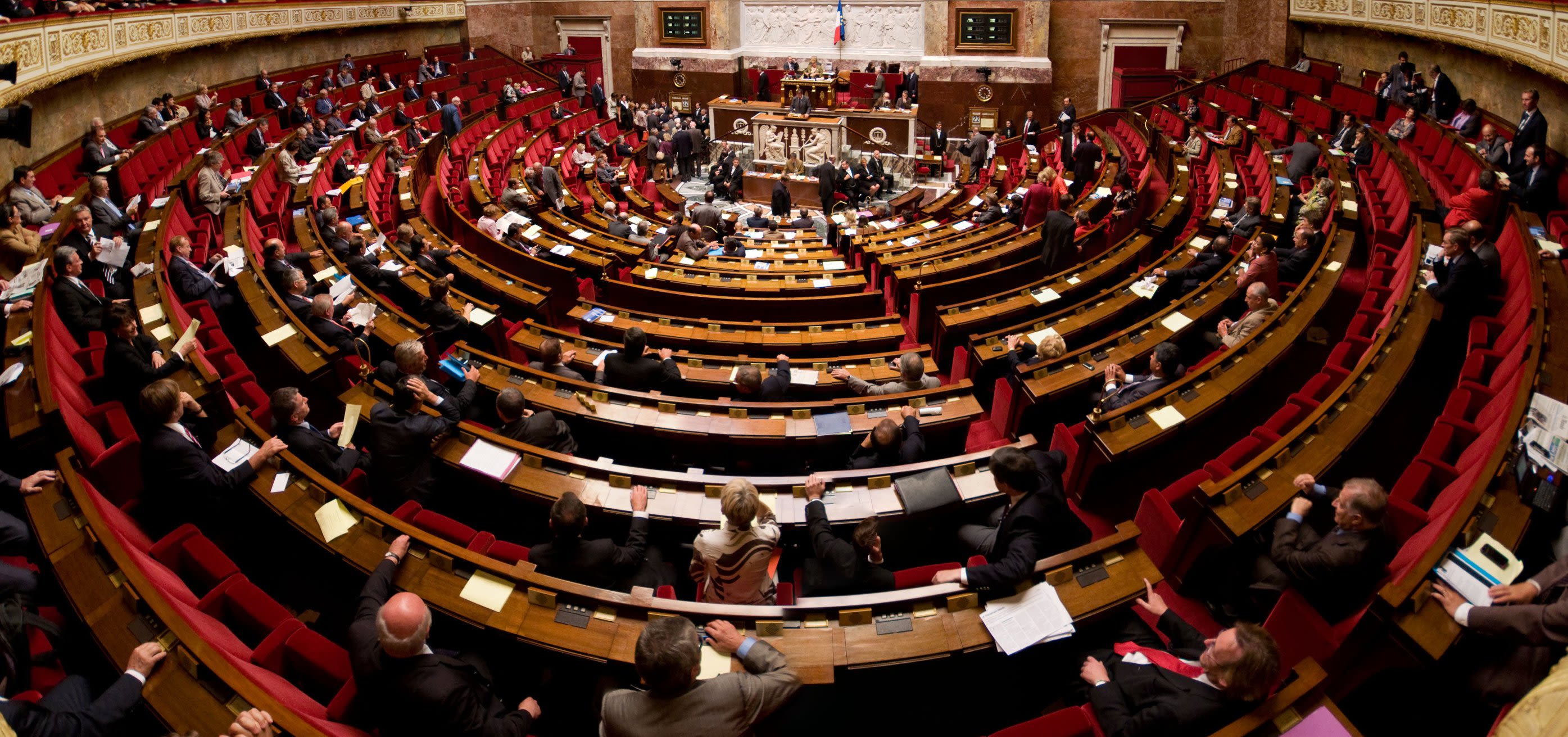The French Presidential election: Londres

The election: context
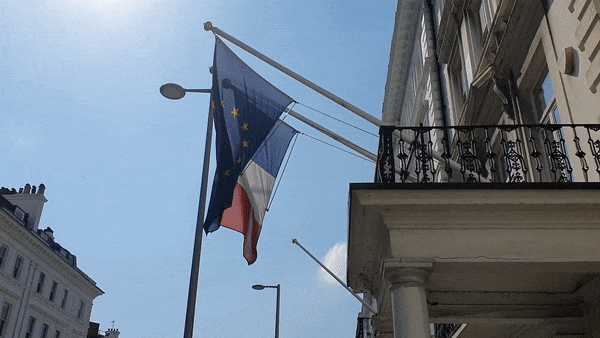
In what could have been a much tighter race between Emmanuel Macron and Marine Le Pen, the former managed to overcome his far right-wing opponent by 58.6% to 41.4%.
Mr Macron's victory means he is the first president to get a second term in 20 years, but for many within France and abroad, this election focused on choosing the lesser of two evils - a former banker who has cut taxes for the rich, or a far-right candidate who looks to divide the country.
While the rest of Europe breaths a sigh of relief, this is a telling sign that populism is becoming more and more popular in the Hexagon - Ms Le Pen finished this year with 7.5% more votes than in 2017.
Ms Le Pen clearly worked on her strategy of five years ago and changed it - focusing a lot more on the cost of living crisis by promising to lower VAT on fuel and energy to 5.5% from 20%, as well as scrapping income tax for under 30s.
Altering her main political manifesto has been successful, and with five more years to continue making changes, it's possible the next election could be even tighter depending on her opponent.
She also vowed to ban the hijab in public places, linking it to totalitarian ideology, as well as focusing on 'France for the French' - whereby natives would be prioritised for housing, benefits, jobs and healthcare.
After failing in the 2017 election, she renamed her party in 2018, from Front National to Rassemblement National (National Rally), looking to move away from the racist and xenophobic overtones the party had when she took over from her father in 2011.
Mr Macron's party, changed to Renaissance from La Republique en Marche (The Republic on the Move), attempts to unite both the left and right-wing sides of France, focusing on a pro-European and a pro-business platform.
Many believe his handling of the crises in Ukraine and during the Covid-19 pandemic have helped his cause, but the image of being a 'President for the rich' continues to loom over him after cutting corporation tax and turning the wealth tax into a property tax.
Decisions like these have led to an alienation between Mr Macron and the more left-leaning population of France, leading to 45% of Jean-Luc Mélenchon's voters abstaining in the second round.
While Mr Mélenchon, leader of the France Unbowed party, was pleased that Le Pen lost, he still criticised Macron's victory.
He said: "He floats in an ocean of abstentions, and blank and spoiled ballots."
By 5pm on voting day, France's interior ministry showed that just 63.2% of voters had cast a ballot, and the overall turnout was just 72%.
French voters: London
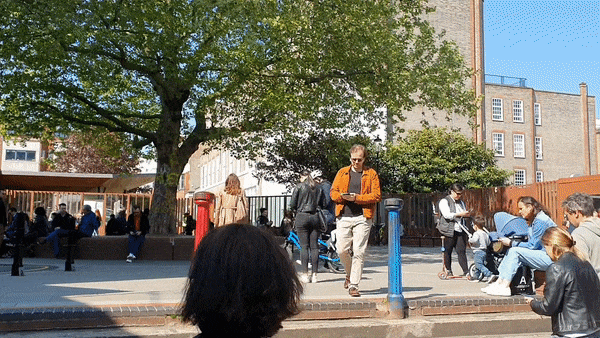
Speaking just after voting, Curran Cunningham - one of the estimated 150,000 French citizens living in London - explained his vote was more about stopping Ms Le Pen than supporting Mr Macron.
He said: "I voted for Macron.
"If I have to give a yes or no answer - I do think he will win.
"I didn't do much research for this election, because I knew it was going to just be basically these two.
"I think Macron has become a bit more leaning towards the right - So I'm not very happy with where he stands right now."
He is still much more optimistic for the future of France under Mr Macron than he is under Ms Le Pen.
Mr Cunningham said: "I think having a more tolerant and open society, whether it be religion or immigration is vastly more beneficial to an economy.
"We don't need more Euro-scepticism really at the moment, even though she has kind of dampened that.
"But she's still not good enough compared to Macron."
Catherine Smadja from Francais du Monde - Londres, also shared these sentiments and said that Macron's re-election meant France avoided disaster under Le Pen.
She said:
While she accepts Mr Macron's victory, she is still unhappy that he is the French President for the next five years.
She said: "I am not happy to have Macron as President.
"But it would have been a real nightmare for France and the rest of Europe if Le Pen had been elected."
Ms Le Pen's popularity has risen since the election in 2015, and with inequality rising in France over the last 10 years, it's no surprise to see more and more voters resolving to vote right-wing in order to 'change the system'.
Smadja said:
In order to tackle these inequalities, Smadja feels there are three things that Macron needs to focus on.
Firstly, she believes a tax reform is needed - Macron reduced taxes on the rich which wasn't well-received by many in France.
This tax reform leads onto her second point; more investment in public services is needed.
With more tax income, the government would be able to spend more on hospitals, trains, teachers, as well as other key areas of social service.
Finally, she implores Macron to listen to people - he has been dubbed the President of the rich, and has done little to change this perception.
With cost of living crises becoming more and more prevalent across Europe, Macron needs to appeal to the 'everyday' French citizen in order to boost his popularity among those who now align themselves with the extreme right and left movements.
Smadja also mentioned that Mr Macron's re-election could lead to complacency and if he alienates more French citizens, Ms Le Pen could become French President in five years' time.
With Parliamentary elections on the horizon, Smadja hopes that left-wing voters will voice their opinions and elect a parliament that acts as a counter power to the President and the Cabinet
Smadja added:

Photo by Bastien Nvs on Unsplash
Photo by Bastien Nvs on Unsplash
French voters: abroad and at home
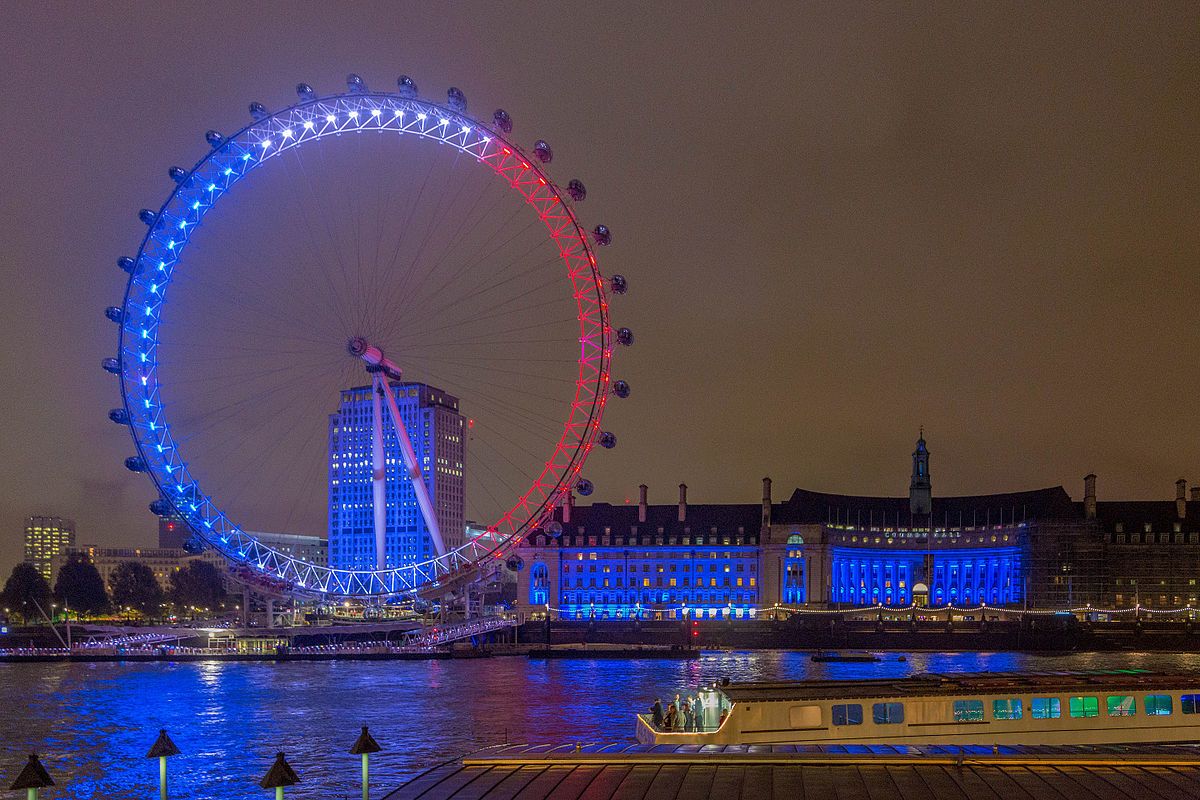
While many will rejoice at the rejection of a far-right leader once again in France, there remains a lot of work for Mr Macron to do.
When 1.4 million French citizens based outside of France had the opportunity to vote in the second round of the Presidential election, only 551,486 (38.62%) of them did.
Instead, 876,432 (61.38%) people completely abstained from voting - demonstrating the unpopularity of both candidates among the French living abroad.
Ifop, Institut Français d'Opinion Publique (The French Institute of Public Opinion), conducted a survey on election day asking voters how they changed their voting decision between the first (left) and the second round (right).
Mr Mélenchon's voters could be argued as vital in Mr Macron's victory - despite 45% of them abstaining in the second round, 42% voted for the centrist candidate in the second round.
Left-wing voters across the country feel disillusioned with his Presidency, but Mr Macron has vowed to listen and to convince those who abstained to vote for him in the future - starting with the parliamentary elections in June.
Mr Macron is a centrist and this helped him in 2017.
Now, to oppose him, those who do not agree with his policies are resorting more and more to the two extremes of the political spectrum.
Far-left voters will look to show their opposition at the parliamentary elections in June, or with street protests in September if Mr Macron has or hasn't made more reforms by that point.
His re-election is a relief for opponents of far-right/populist politics across Europe - but with a high abstention rate, a rise in votes for Ms Le Pen, and division within France, it remains to be seen whether there will be a resurgence of traditional left and right-wing parties, or centrist politics winning again.

